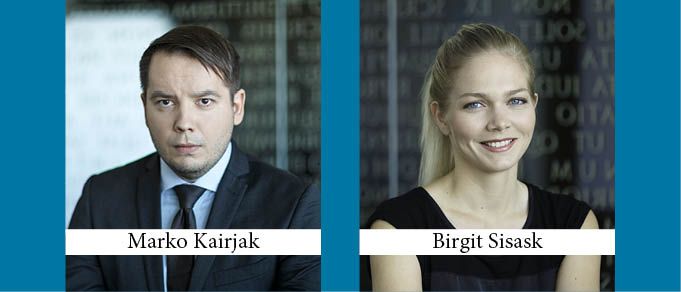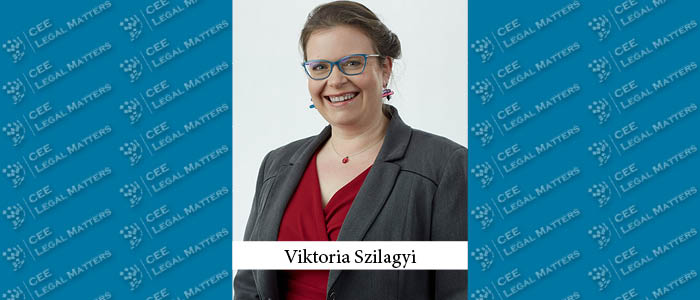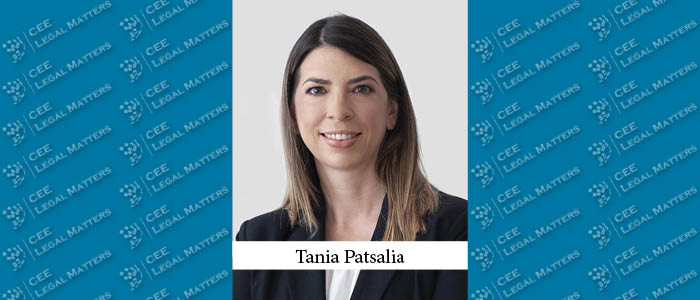According to TRACE Matrix 2016 results, Estonia is the third least corruption prone country in the world, minimizing the risk of liability under anti-corruption regulations. To date, there is no case law under FCPA rules concerning Estonia. Nevertheless, the legal framework set by the FCPA gives rise to theoretical problems of definition which may hinder its enforcement.
Slaying Corruption – Or How Romania is Fighting Its Biggest Enemy
Since Romania’s accession to the European Union in 2007, the European Commission has set up a Cooperation and Verification Mechanism (CVM) in order to monitor, among other strategic points, the progress of Romania’s fight against corruption.
Cybercrime: The Road Begins
Each year hundreds of billions of dollars are lost by companies due to cybercrimes committed by criminals. These attacks vary from sophisticated hacking to primitive fraud attempts.
Anti-Money Laundering and Counter Financing of Terrorism Policy in Slovenia
Recent developments in the ongoing investigation into money transactions coming from Iran through one of the largest Slovenian banks have raised awareness about anti-money laundering and financing of terrorism rules in Slovenia.
Whistleblowing in the Czech Republic
Despite recommendations by international organizations, Czech legislation on whistleblowers is fragmentary and does not offer a complex legal regulation of the phenomenon, or even a definition of the term. The current protection of whistleblowers – i.e., employees or former employees of an organization who inform competent institutions of illegal or unethical practices in that organization – is only dealt with in the Czech Act on Banks, Act on Savings and Credit Co-operatives, Capital Market Undertakings Act, and Civil Service Act (or, more precisely, in the Government Decree implementing the Civil Service Act). Some vague protection of whistleblowers is also provided by the general provisions of the Labor Code and other regulations, which, however, do not specifically address the protection of whistleblowers as such. Currently, two acts are being discussed in the Czech Parliament aimed at providing higher labor-law protection of whistleblowers in both the private and public sectors.
A Strong Response to Corruption in Poland
The Polish Government has recently presented a draft Program on Fighting Corruption for 2018 through 2019. This is another step in the ongoing effort to introduce legal mechanisms aimed at reducing corruption in Poland. The process of systematically fighting corruption started several years ago, and it has allowed Poland to move from 43rd place in the Transparency International Corruption Perceptions Index in 2010 up to 29th place in 2017. The aim of the contemplated regulations is to push Poland further up the ranking and continue its transition to a true western-style economy.
The FCPA Versus Austrian Criminal Law: Is the Anti-Corruption Regime in the US Equal to the Anti-Corruption Regime in Austria?
The US Foreign Corrupt Practices Act (FCPA) was introduced to fight corruption on an international level. Corporations of all nationalities which are established under US law or traded on a US stock market are embraced by this act, as are all individuals who commit relevant acts on the territory of the US.
Financial Restructuring: Ukrainian Recipe
An unfavorable global financial crunch has affected the Ukrainian banking system. The continued growth of the share of distressed loans in portfolios of Ukrainian banks in recent years ultimately resulted in a number of sonorous bank defaults and, eventually, in the unprecedented nationalization of the largest Ukrainian national bank, Privatbank. According to the National Bank of Ukraine, in August 2017 over 60% of loans in the Ukrainian banking system were non-performing. This resulted in a permanent crisis in liquidity for Ukrainian businesses and a large number of significantly overdue loans. In response to this situation, in 2016 a unique dispute settlement mechanism for creditors and debtors was implemented to provide for financial restructuring of bad assets.
Transfer Pricing in Motion
Ukraine has made a great leap forward in the development of transfer pricing rules since the concept of “controlled transactions” was first introduced in the Tax Code in 2013. These transfer pricing rules have been amended in recent years and Ukrainian taxpayers are likely to face many new issues on the subject in 2017.
Investing in Ports Infrastructure in Ukraine: Prospects and Considerations
The growth of agribusiness production in recent years requires a proportional increase in port facilities and transportation infrastructure. The necessary investments are impeded, however, by an outdated legislative framework.
Criminal Law: Cases with Political Flavor
These days the Ukrainian media is full of news about the detention of officials and business owners, revisions of enterprises allegedly connected with corrupt officials, frozen foreign accounts, and the expected return of assets in the near future. The law enforcement system keeps an eye on ex-representatives of power and business, skillfully bringing them to criminal prosecution, and so-called “resonant” cases with a political flavor appear almost daily in the media.
Corporate Governance: Recent Developments and Prospects
Ukraine confidently declared its intention to bring its legislation into line with EU standards by signing the Ukraine-European Union Association Agreement in 2014, which obliges Ukraine to implement a number of EU Directives, including those regulating various aspects of corporate governance.
Energy Matters in Ukraine
In 2016-2017 Ukrainian authorities introduced many important legislative changes in the energy sector in line with the country’s commitment to implementing the Third Energy Package as a member of the Energy Community and as a party to the EU-Ukraine Association Agreement.
The New Supreme Court of Ukraine – The New Wine or the Old Wineskins?
The main event of 2017 in Ukrainian dispute resolution (and maybe for all legal practices) is certainly the formation of a new Supreme Court.
The Wind of Change Drives the Implementation of International Best Tax Practices in Ukraine
The growing interdependence of world economies, driven by the reduction and removal of trade barriers, cheaper transport and communication costs, and increased use of the Internet (facilitating easier access to foreign markets), as well as by the growth of multinational corporations, has resulted in unprecedented cross-border trade and capital flows. At the same time, it has also opened up new opportunities for multinationals to reduce their profit in high-taxed jurisdictions by exploiting gaps and mismatches in domestic and international tax rules to artificially shift it to low-taxed countries (or tax havens).
Corporate/ M&A in Ukraine: Back on Track
After a period of political and economic instability which put M&A transactions in Ukraine into a dormant mode, the country is starting to show signs of revival. As the economy recovers and new legislation aimed at strengthening the rule of law and simplifying doing business is adopted, investors are again looking towards Ukraine with interest.
Innovations in the Code of Civil Procedure of Lithuania – Significant Help for Litigators
A package of amendments to the rules of the Civil Procedure Code came into effect in Lithuania on July 1, 2017. A number of these amendments are significant for business and for advocates.
The Latvian Supreme Court Clarifies Recovery for Cancellation of Leasing Contract
In Latvian Case SKC-176/2017, lessor Swedbank Leasing resold the lease objects to another buyer after lessee Mednis had made full payment, such that, according to the judgment of the arbitration court, at the moment the objects were resold the lessee was not in debt to the lessor.











































